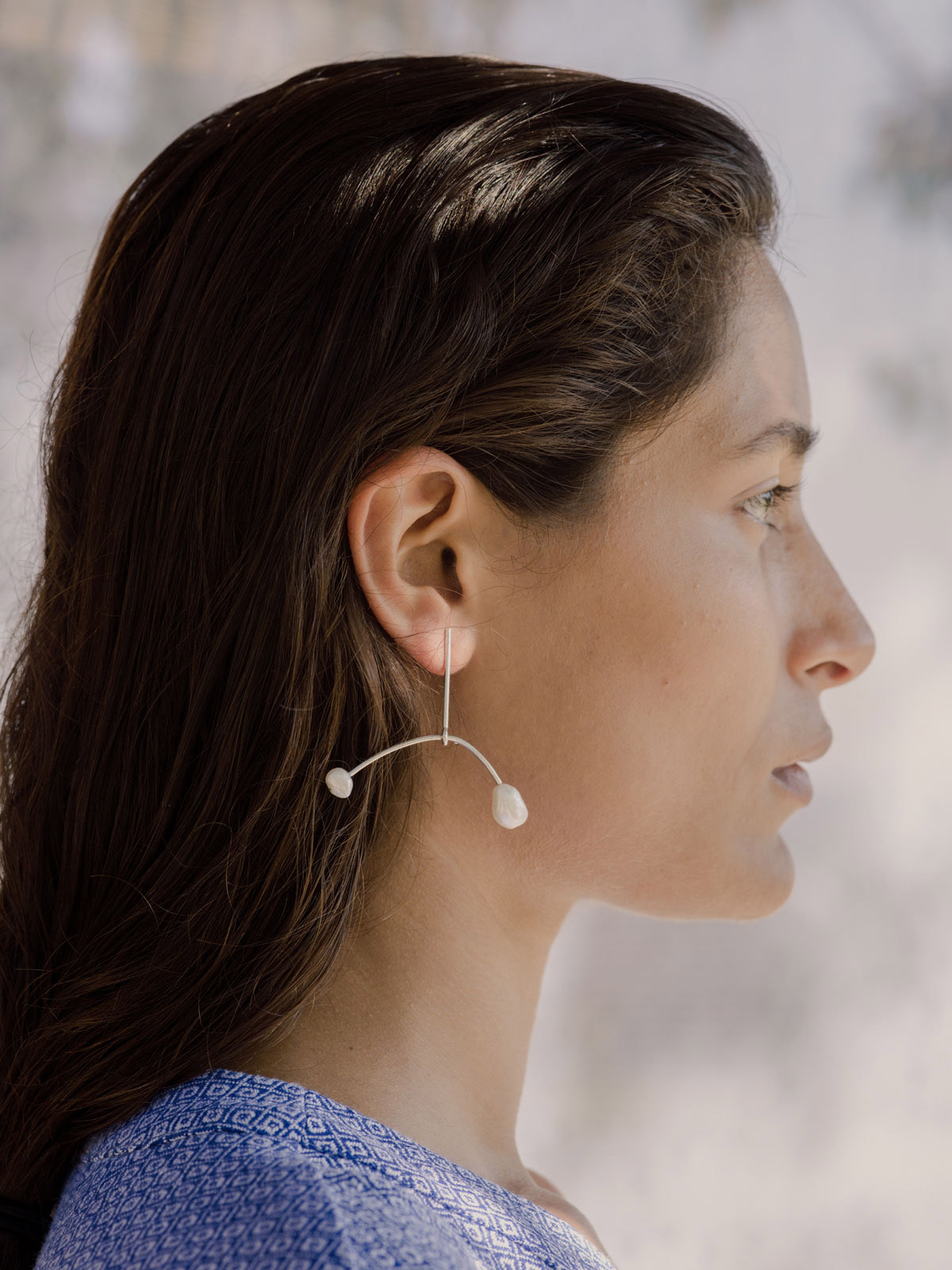The Seasonal N° 10
Fotos by Lisa Edi
I have heard that only on a few sea shores in Japan and South Korea still live and work the sea women, called „Ama”.
They dive without oxygen tanks and gather shellfish and seaweed with their bare hands.
The working clothes of the “Ama” women are called “Isogi“. They dive up to 10 meters deep, using a special breathing technique they are able to hold their breath for nearly a minute.
They dive continuously many times a day.
On the bottom of the sea they pick shells from rocks, one by one, with the same knives their grandmothers had used.
There are ongoing discussions as to why only women do this physical demanding work.
The traditional „Ama“ dress is a shirt with knee-length pants in simple white bleached cotton. When they get back to the beach they wrap themselves in woven indigo cloth to get warm after the straining work in cold water.
They dive everyday during the season, which starts in early and still chilly spring and sometimes continue even till late December.
Despite the cold water the elderly „Ama“ women refuse to wear modern wet suits and gear, in fear of taking too many abalone too fast because of their advantage through modern technology.
Thinking of it, this work, which may already exist since hundreds of years, or even millennia as it is said, is a reflection of the modesty of living a simple marine life, appreciating the blessings of the sea.
Looking at an old black and white photograph of an „Ama“ woman in her wet simple cotton cloth, stuck to her sunburnt body makes me feel this distinct intimate connection.
A headscarf made from the same white cloth and large old diving goggles on top, frame her charming face.
Her honest and brilliant smile assures me that she is satisfied with the day’s harvest.
— by Mana Furuyama


















